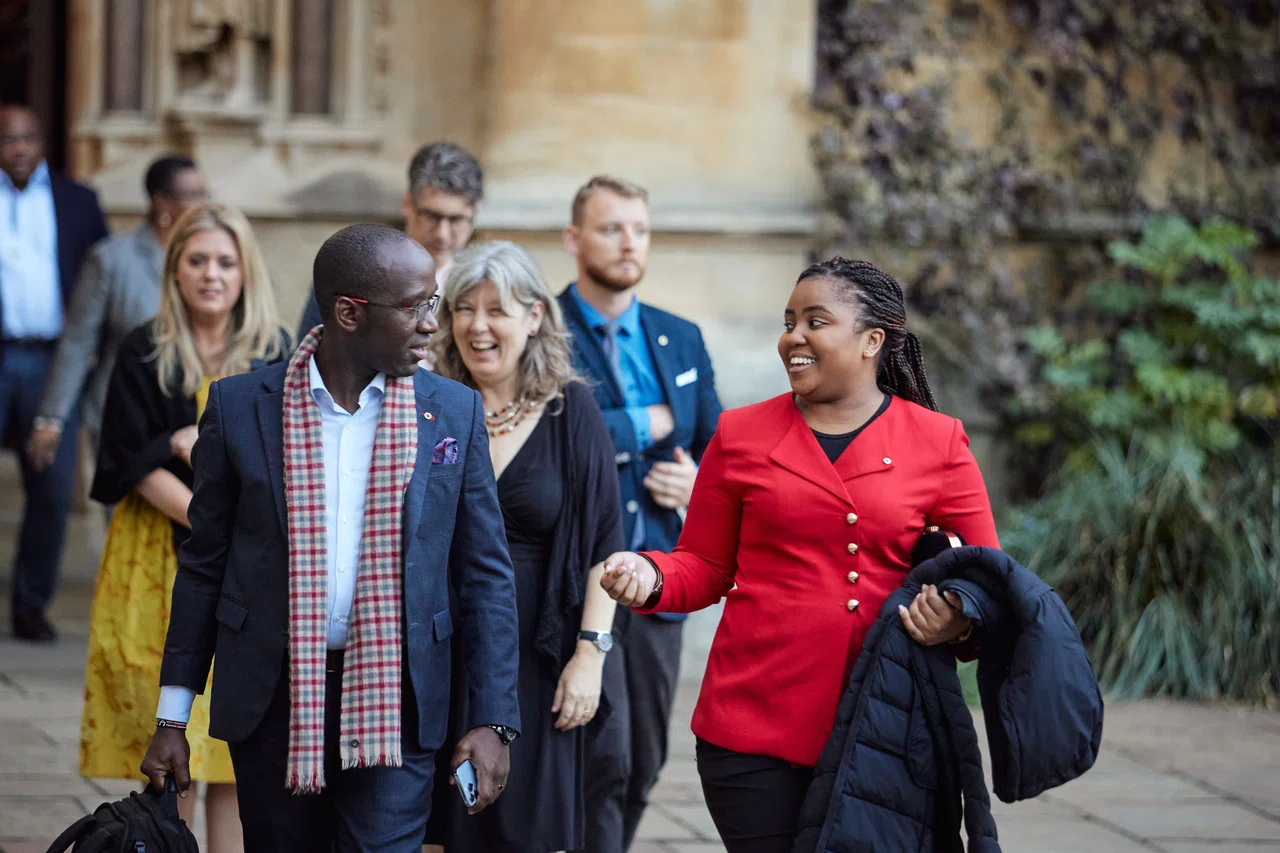
Close
result
Letter from the Editor
Letter from the Editor
Caroline Scotter Mainprize
2 min read

Welcome to the Leadership issue – and to The Chief of Staff journal’s new digital format.
Discussions about the role of chief of staff invariably end up as discussions about leadership and authority. Is a chief of staff a leader? If so, what kind of leader? And how far does their authority extend?
Chiefs of staff working in military and government departments, where the role has long been established, usually occupy a clear position in the organisational hierarchy. This brings with it formal authority – at least up to a point. Even so, they usually have to rely on highly developed influencing and political skills in order to get things done. And in the private sector, where the role is still in its infancy and may not come with a formal ‘chief of staff’ job title, these leadership skills are even more important.
While it can be taught, leadership is something that is more often than not learned through experience, and two of our contributors focus on how they have formulated their individual leadership styles through practice. Mike Jernigan examines the differences between authority and influence through the lens of three different challenges that he was faced with as chief of staff for the organisation that is responsible for the United States Marine Corps’ East Coast bases. David McClimans has drawn not only on his career reflections but on extensive reading to formulate his personal leadership philosophy.
Ben Conard, chief of staff to the CEO at Fair Trade USA, recognises the importance of the relationship between chief of staff and principal in allowing them to share the full range of leadership responsibilities. He describes how he and his principal created a plan of action to gain each other’s trust.
Once trust is established, the chief of staff can have a huge influence on the leadership and legacy of their principal. David Cohen illustrates this with a fascinating analysis of the impact of Kenneth Duberstein, Ronald Reagan’s last White House chief of staff.
As we know, leadership is contextual, and the chief of staff role is no different. Dominika Bukalova compares the responsibilities and competencies of the chief of staff in both the public and private sectors, while Laban-Cliff Onserio talks to Alexandra Atkeson about challenges in the fast-changing media landscape. Meanwhile, our new ‘Forum’ feature compares the experiences of two chiefs of staff in organisations that have responded in different ways to post-COVID working patterns.
We profile Luis Visot, Assistant Dean for Administration and Chief of Staff at the University of South Florida College of Education, who is the epitome of the ‘servant leader’. Our second profile is of Nicole Wilett, Chief of Staff at Open Society Foundations, whose career has spanned the separate but linked spheres of government, international development, and now philanthropy.
We hope you enjoy reading this issue of The Chief of Staff journal and share it with colleagues and friends who may be interested. Our next issue will focus on the challenging subject of people and culture.
Author Bio
Caroline Scotter Mainprize
Chief Editor
Caroline is a writer, editor, and communications advisor, working mostly for organisations involved in research and education. Clients have included Oxford University Press, Saïd Business School, Bayes Business School, and the international development and publishing organisation CABI. She has edited a number of books, annual reports, and journals, and written practitioner-focused research reports, including Oxford’s The Museum Leaders Report and Understanding Chief Digital Officers.Before freelancing she was responsible for the corporate communications at Oxford University Press. She had previously worked for a London PR consultancy and as a journalist on a business newspaper.








